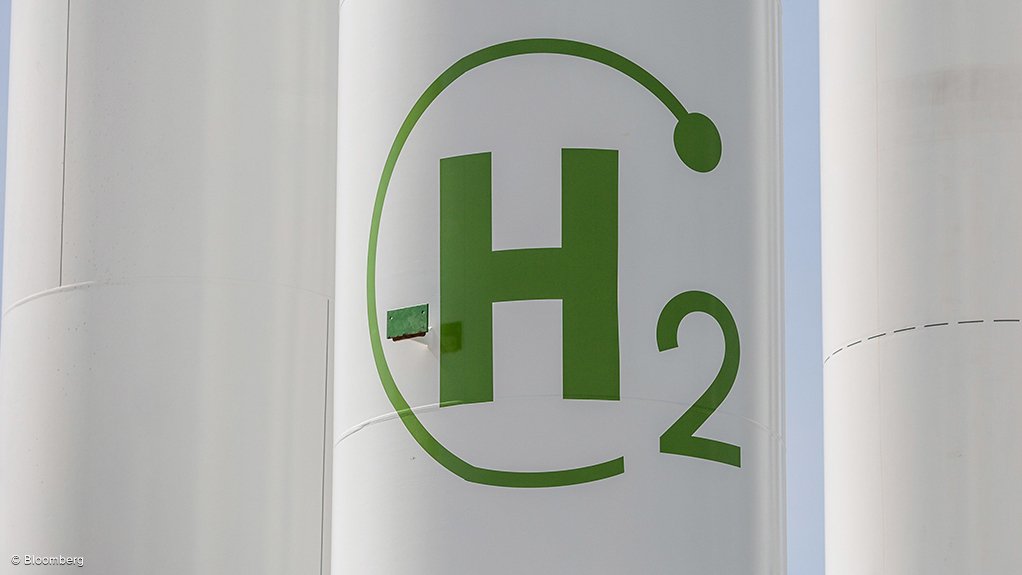Hydrogen internal combustion engine vehicle shipments to hit 400 000 by 2040 – research group
New research from UK-based Interact Analysis shows that hydrogen internal combustion engine (ICE) vehicles are in their infancy in terms of global rollout.
However, mass production is predicted to take off within five years, says the company.
“Although the costs of the engine and the vehicles themselves are relatively low, their running costs are currently high, making the total cost of ownership (TCO) unfavorable.
“This, coupled with the lack of refuelling infrastructure, means they are less attractive compared with fuel cell and battery electric alternatives (BEVs).”
Hydrogen ICE vehicles are likely to remain a niche product until 2030, says Interact Analysis in its report, with shipments to increase from 58 000 units in 2030, to more than 400 000 in 2040.
Hydrogen ICE vehicles require a series of minor changes compared with traditional ICE vehicles, including different spark plugs and other changes to materials.
On their own, individual changes do not present too much of a challenge, but, in combination, the total cost of manufacturing of the vehicle soars.
In addition to this, adding greater complexity increases the potential risks once the vehicle is in mass production.
“Hydrogen ICE vehicles are most attractive to those companies who are most climate aware, or where battery electric alternatives are either unavailable for a particular vehicle or not fit for purpose,” says Interact Analysis in its research report.
“Without either of these catalysts for adoption, uptake of hydrogen ICE vehicles is likely to remain low in the short term.
“Off-road vehicles are perhaps best suited to this technology since battery electric and fuel-cell alternatives face greater infrastructure challenges in off-road environments. “
Although the maintenance costs for hydrogen vehicles will be similar to those of other vehicles, current high fuel costs for hydrogen vehicles mean the TCO for these vehicles will be worse than for diesel and battery electric alternatives, adds Interact Analysis.
Therefore, hydrogen vehicle applications are likely to be limited to applications or regions where diesel has been legislated against or where battery electric alternatives are not available.
“Due to unfavourable TCO and high fuel costs, hydrogen ICE vehicles are unlikely to become the market leader,” summarises Interact Analysis principal analyst Jamie Fox.
“Despite the many environmental benefits to the use of hydrogen vehicles, for mass adoption to occur the refuelling infrastructure required must be developed and customer payback improved.
“We are still seeing many limitations to refuelling infrastructure for battery electric vehicles, so it is unlikely that we will see a significant amount of change in the H2 infrastructure for many years.”
Interact Analysis predicts that the cost of hydrogen will reduce significantly over time. If the price continues to fall at pace, the fuel could become more competitive across a wider range of applications in the future.
Comments
Press Office
Announcements
What's On
Subscribe to improve your user experience...
Option 1 (equivalent of R125 a month):
Receive a weekly copy of Creamer Media's Engineering News & Mining Weekly magazine
(print copy for those in South Africa and e-magazine for those outside of South Africa)
Receive daily email newsletters
Access to full search results
Access archive of magazine back copies
Access to Projects in Progress
Access to ONE Research Report of your choice in PDF format
Option 2 (equivalent of R375 a month):
All benefits from Option 1
PLUS
Access to Creamer Media's Research Channel Africa for ALL Research Reports, in PDF format, on various industrial and mining sectors
including Electricity; Water; Energy Transition; Hydrogen; Roads, Rail and Ports; Coal; Gold; Platinum; Battery Metals; etc.
Already a subscriber?
Forgotten your password?
Receive weekly copy of Creamer Media's Engineering News & Mining Weekly magazine (print copy for those in South Africa and e-magazine for those outside of South Africa)
➕
Recieve daily email newsletters
➕
Access to full search results
➕
Access archive of magazine back copies
➕
Access to Projects in Progress
➕
Access to ONE Research Report of your choice in PDF format
RESEARCH CHANNEL AFRICA
R4500 (equivalent of R375 a month)
SUBSCRIBEAll benefits from Option 1
➕
Access to Creamer Media's Research Channel Africa for ALL Research Reports on various industrial and mining sectors, in PDF format, including on:
Electricity
➕
Water
➕
Energy Transition
➕
Hydrogen
➕
Roads, Rail and Ports
➕
Coal
➕
Gold
➕
Platinum
➕
Battery Metals
➕
etc.
Receive all benefits from Option 1 or Option 2 delivered to numerous people at your company
➕
Multiple User names and Passwords for simultaneous log-ins
➕
Intranet integration access to all in your organisation



















